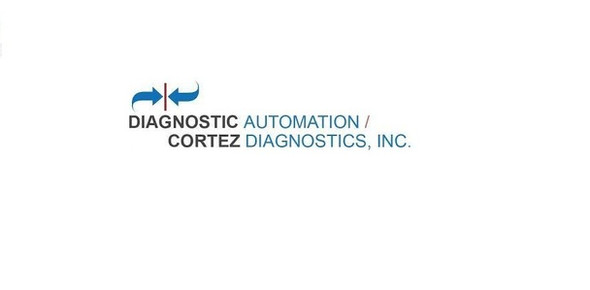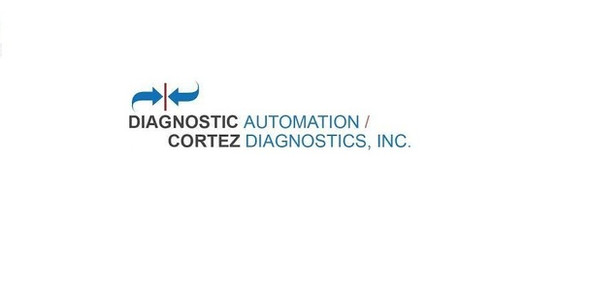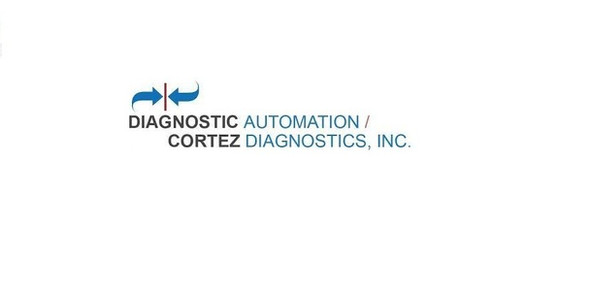Description
TOXOCARA CANIS ANTIGEN
Toxocara canis antigen has been manufactured for use in the detection of antibodies against T. canis for immunoassay development or other applications.
PRODUCT DETAILS – TOXOCARA CANIS ANTIGEN
- Toxocara canis antigen.
- Soluble native antigen fraction purified from Toxocara canis larvae. Whole infective organisms are removed by sterile filtration.
- The antigen is presented in 0.1M Tris, pH 3.0 with protease inhibitor cocktail and 0.1% sodium azide.
- For ELISA development or other applications.
BACKGROUND
Toxocariasis is an infection transmitted from animals to humans (zoonosis) caused by the parasitic roundworms commonly found in the intestine of dogs (Toxocara canis) and cats (T. cati). Dogs and cats that are infected with Toxocara can shed Toxocara eggs in their feces. Humans, particularly children, can become infected by accidentally swallowing dirt that has been contaminated with dog or cat feces that contain infectious Toxocara eggs (Woodhall & Fiore, 2014). Although it is rare, people can also become infected from eating undercooked meat containing Toxocara larvae. Approximately 5% of the U.S. population has antibodies to Toxocara, suggesting that tens of millions of Americans may have been exposed to the Toxocara parasite (CDC, 2019).
Serological tests are used to support the clinical diagnosis of toxocariasis and the recommended test is an enzyme immunoassay using Toxocara excretory-secretory antigens to detect immunoglobulin G antibodies against the Toxocara larvae. Enzyme-linked immunosorbent assay (ELISA), based on excretory and secretory antigens of the third stage larvae (L3) of T. canis, is commonly used. A limitation of T. canis antigen testing is the significant cross-reactivity with other helminths, such as Ascaris lumbricoides, particularly in endemic areas. However, crude antigens from T. canis larvae (TCLA), have been used to detect IgM, IgG or IgG4 using ELISA tests with satisfactory sensitivity and specificity (Chen et al., 2018).
REFERENCES
- Centers for Disease Control and Prevention (CDC). Parasites – Toxocariasis (also known as Roundworm Infection), 2019.
- Chen et al. (2018). Toxocariasis: a silent threat with a progressive public health impact. Infect Dis Poverty. 7: 59.
- Woodhall & Fiore (2014). Toxocariasis: A Review for Pediatricians. Journal of the Pediatric Infectious Diseases Society, Volume 3, Issue 2.






